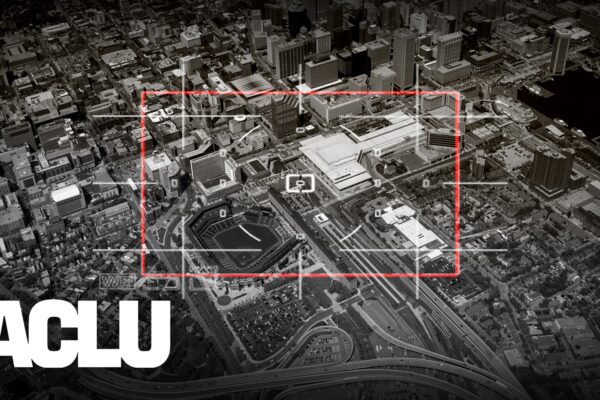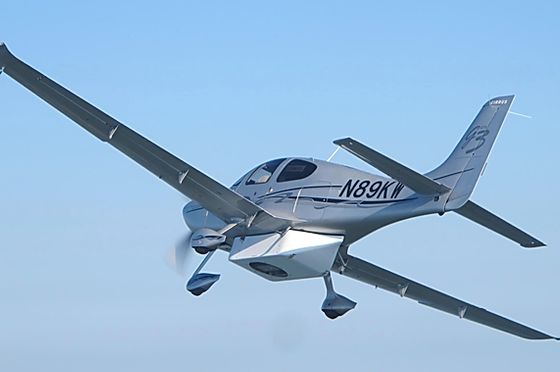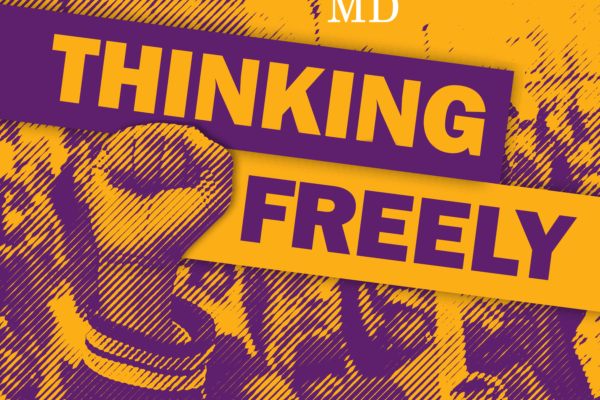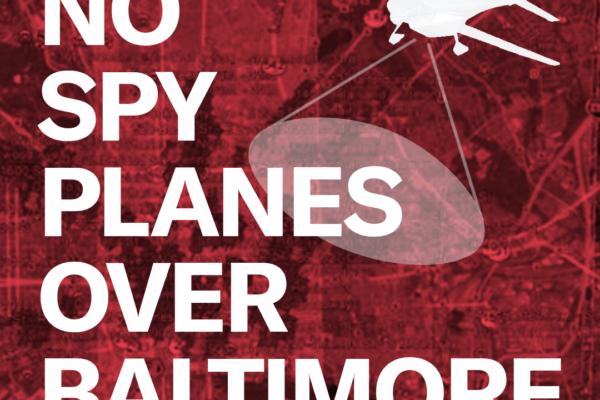The Dangers of Police Spy Planes
“Black people’s history in this country is an example of how surveillance was heavily used as a tool to be disruptive of folks challenging the social order, which is supposed to be one of those stated rights of Americans, to be able to voice our opposition to the status quo. Surveillance has served as an important deterrent.” — Dayvon Love, Director of Public Policy for Leaders of a Beautiful Struggle.
The United States has a long history of surveilling Black activists, like Dr. Martin Luther King, Jr., Malcolm X, Ella Baker, and Marcus Garvey.
In the 1960s, through COINTELPRO, an FBI counterintelligence program that aimed to surveil, discredit, and neutralize political dissidents, the FBI surveilled Black leaders who were advocating for their rights.
In 2015, the FBI’s secret aerial surveillance was used to monitor Black Lives Matter protests in the days after Baltimore police killed Freddie Gray. In 2017, a leak exposed that the FBI had surveilled Black people nationwide, under an unfounded category called “Black identity extremist.”
Even though there is no basis for such a label, the government continues to target as threats Black people who exercise their constitutional rights and call out oppression and racism, while continuing to minimize the mounting threat of violent white supremacists. This continues the troubling pattern of how when Black people use their free speech rights the government treats them as domestic terror threat instead of Americans using their constitutional rights.
Currently, the Baltimore Police Department is deploying spy planes that allow the government to see everything below and know everywhere Baltimoreans go. The technology carries sophisticated cameras and was developed for overseas battlefields, yet it is now being trained on people in Baltimore.
One of the leading plaintiffs in a lawsuit filed in April that challenges the spy plane program in Baltimore, Dayvon Love of Leaders of a Beautiful Struggle said: “Back then, Martin Luther King was heavily surveilled. If you look nationally at the Black Panther Party for self-defense, another organization that was heavily infiltrated, surveillance was used to disrupt the Black Panther Party’s efforts. This history of infiltration into Black social movements is extensive and surveillance plays a big role.”
Given that Black people make up over 60% of Baltimore City, that the city is currently under a federal consent decree for routinely violating people’s constitutional rights, and that Baltimore has a police department that has a long, demonstrated history of racism, there are good reasons to fear that this technology will be abused and used against residents who are challenging systemic racism and oppression, and particularly used against Black residents.
Explaining how surveillance played a role in the 2015 Freddie Gray uprising in Baltimore, David Rocah, Senior Staff Attorney for the ACLU of Maryland, said: “The FBI was flying over Baltimore as the demonstrations in the wake of Freddie Gray’s murder were unfolding. And we have seen similar things happen now in the wake of the murder of George Floyd, with various government agencies, including the National Guard, the Department of Homeland Security, and, I believe, the FBI doing the same thing, putting surveillance planes in the air over American cities as demonstrations were occurring.”
Because of the explicit dangers that surveillance poses to people in Baltimore, the ACLU of Maryland joined Leaders of a Beautiful Struggle, a grassroots think tank that advances the public policy interests of Black people in Baltimore; Erricka Bridgeford, co-founder of the Baltimore Ceasefire 365 project; and Kevin James, a community organizer and hip-hop musician to sue the Baltimore Police Department in order to stop the spy planes on April 9, 2020.
Dayvon Love said: “I just can’t help but think of the potential abuses by people in power against those who are challenging the institutions of power in Baltimore. I can’t help but think of the potential danger that that puts people in.”
Remember, this is the test case. If the spy plane program is permitted to go forward, we can expect similar surveillance to spread across the country, especially in other majority Black cities. #NoSpyPlanes over Baltimore.
If you’d like to hear more about the racist history of surveillance and the spy plane program, please click here to listen to our podcast.





